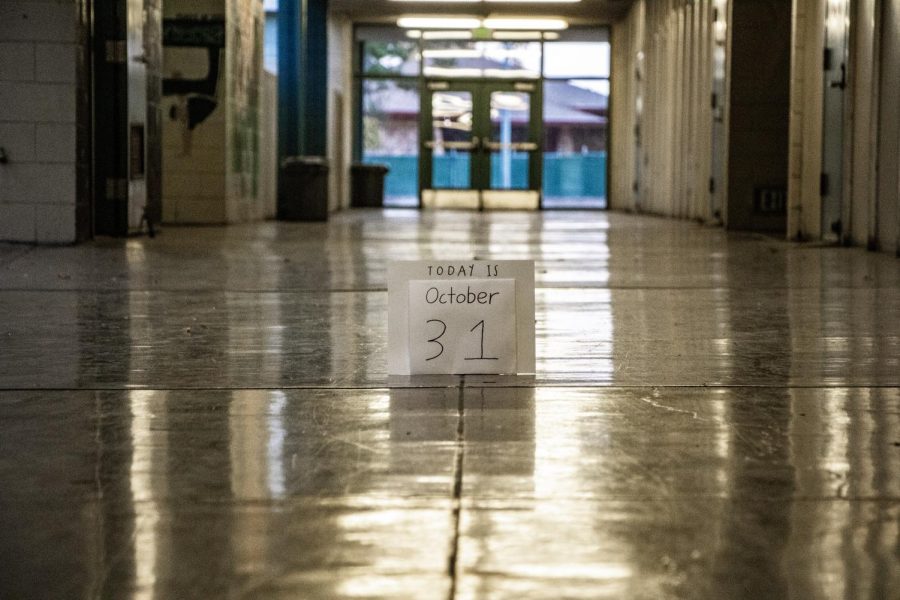Skipping Out on Summer Break
A shorter summer break would allow for more breaks during holidays during the school year, such as Halloween.
December 5, 2019
Our summer break is too long.
Now before you ignore this article, hear me out. Currently, students in Fremont and most other schools have a lengthy, three-month summer break. For many, the start of summer break means the start of summer “activities”: camps, SAT prep, or enrichment classes to prepare for the next school year. These are all things students sign up for to give summer break structure, but don’t students already get the same structure with school? Summer break has long been considered a time to explore new things, but in modern times, it has been reduced to one filled with organized educational activities. Instead of endorsing summer break as a time to prepare academically for the next year, the Fremont Unified School District should consider reconfiguring the school schedule so that vacation days are dispersed throughout the year, giving students a smaller summer break, but more importantly, giving students more days off to breathe during the stressful school year and allowing students to retain more information from one school year to the next.
There is merit to the idea that students forget a lot of what they learn during the school year during an extended break. Studies conducted by Duke University have found that students may lose up to a month of math knowledge during summer and up to three months of reading comprehension. For many parents, this data justifies signing their children up for enrichment classes over the summer to combat these losses. But for low-income families, many are forced to bear the brunt of these losses and stay home, unable to afford expensive classes or commute to learning centers. Research by John Hopkins University has found that while students made similar progress during the school year regardless of economic status, affluent students continued to make progress during the summer—but low-income students fell behind. By the end of elementary school, low-income students had fallen nearly three grade levels behind. Shortening the summer break would help level the playing field for low-income students, allowing them to receive structured education for longer periods of time before shorter periods of vacation. These benefits would apply to affluent students too: a shorter summer break would also allow teachers to focus less on reteaching previously learned content at the beginning of the school year, lessening the need for enrichment during breaks.
Besides the educational benefits, a shorter summer break is also crucial in improving students’ wellbeing during the school year. Students at Irvington currently go to school for ten to fifteen weeks before getting a week off. The toll this cycle has on students and teachers is apparent: throughout the year, many students become burned out and unmotivated to continue the seemingly endless routine of school. A shorter summer break would allow the district to lengthen current school year breaks and add more days off during the year, alleviating burnout in students and teachers. Schools that have shorter summer breaks also tend to give more days off for cultural holidays such as Chinese New Year, Eid, Cinco De Mayo, Diwali, etc, so students would be able to celebrate their respective cultures and religions and spend more time with their family.
That’s not to say that summer break is dead. Students still would get a summer break; it would just be a shorter one. They would still have time to participate in summer activities, and they would also get more breaks during the school year and lose less material learned during the school year. Shortening summer break has its merits and flaws, but at the end of the day, ensuring that students are healthy year-round and ready for the future should be the ultimate goal of our schools. A shorter summer break would accomplish just that.










